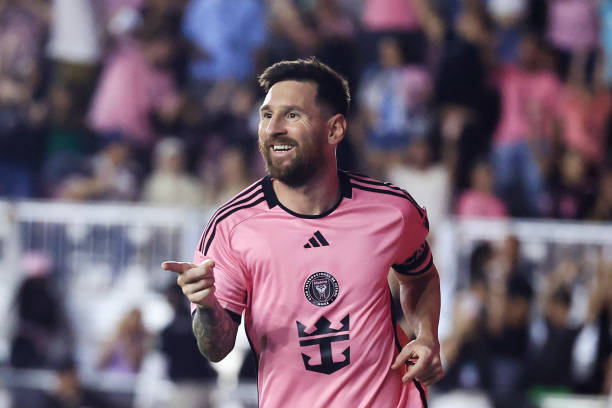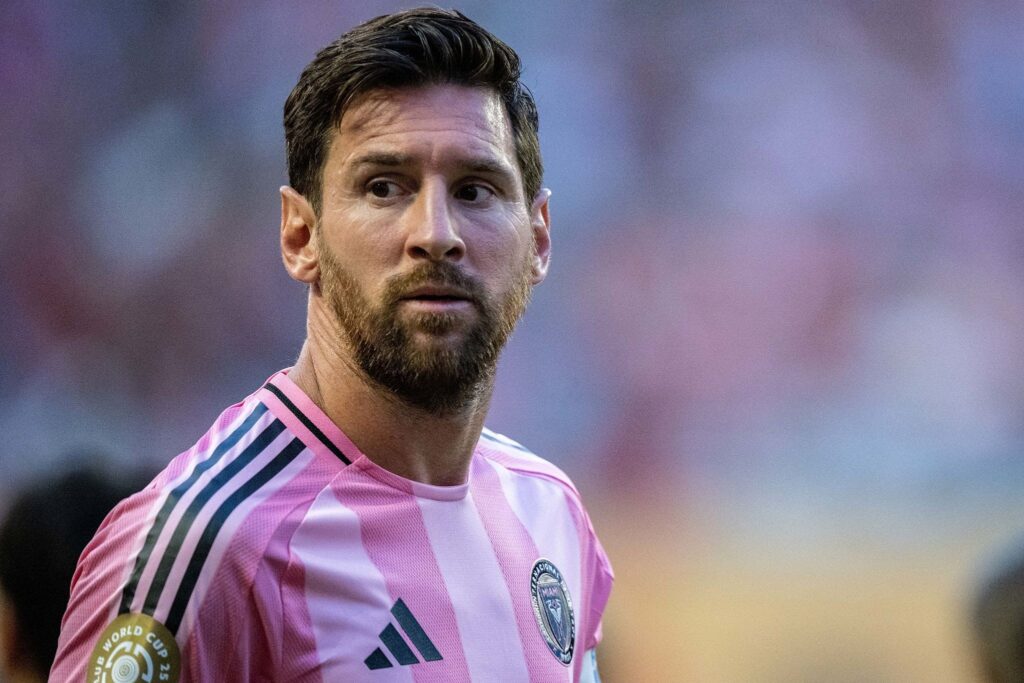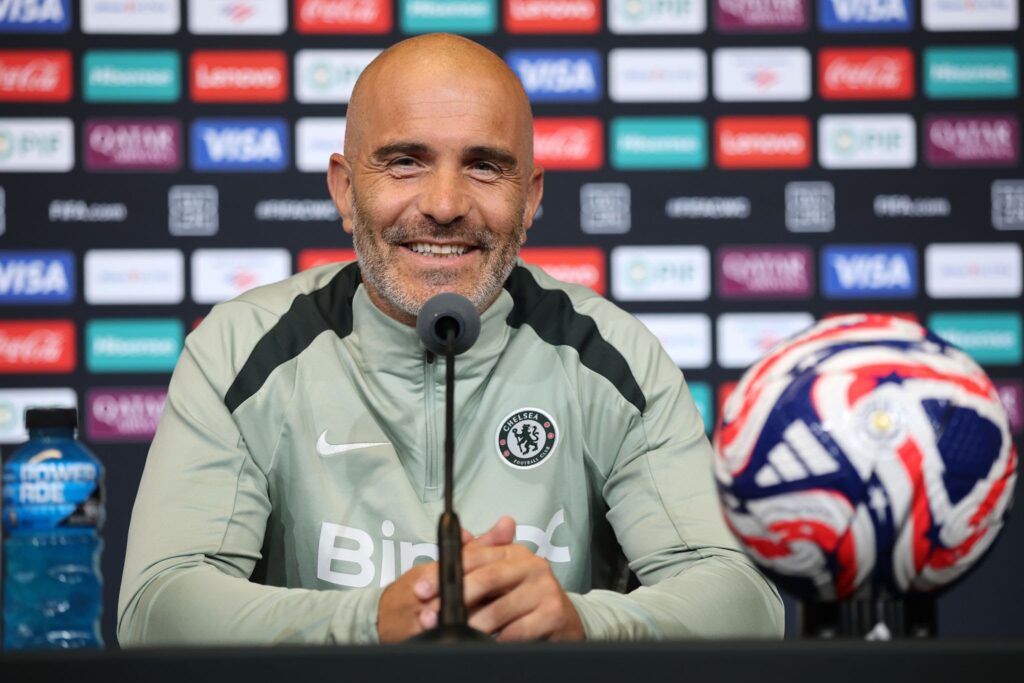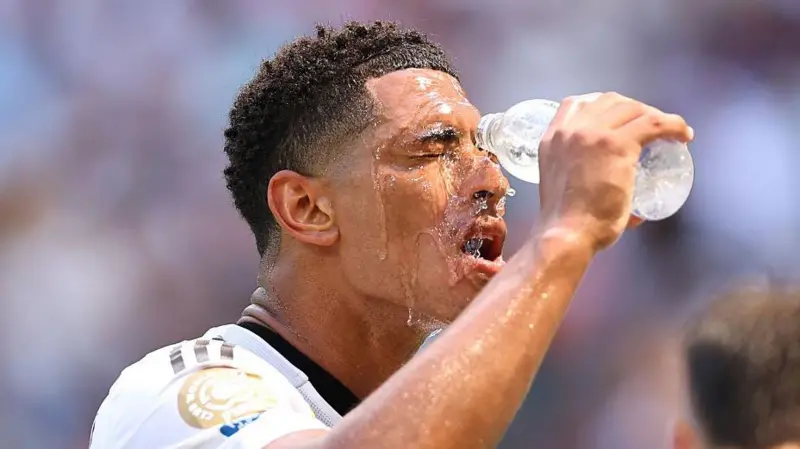
It sounds like something straight out of a Hollywood screenplay—yet it’s a dream come true for the tournament organizers.
Lionel Messi is set to face his old team, the reigning European champions, in the Club World Cup’s round of 16.
Sunday’s clash in Atlanta between Inter Miami and Paris St-Germain is expected to draw one of the largest crowds of the competition so far, thanks largely to the Messi effect.
There was plenty of debate over how Inter Miami—and Messi—qualified for this new expanded version of the tournament.
FIFA created a special one-time rule to give a host-nation spot to a U.S. team in this new 32-club format.
Rather than selecting LA Galaxy, who won the MLS Cup playoffs, they picked Inter Miami, who claimed the 2024 MLS Supporters’ Shield for the best regular-season record.
Despite early doubts about their place, Inter Miami went unbeaten in the group stage, earning their spot in the knockouts on performance alone.
Now they’ll meet Luis Enrique’s PSG side, widely seen as the strongest team in world football, setting up a showdown between them and the player many consider the greatest of all time.
Messi’s arrival has transformed the soccer scene in Miami, but questions remain about what’s next for the 39-year-old superstar and whether he’ll return to the world stage with Argentina to defend their World Cup title next summer.

Miami and Messi carve out Club World Cup milestone
Inter Miami understand perfectly that when you have a trump card like Messi, you design your approach to maximize what he does best.
His decisive goal against Porto was his 50th for the club, and it also marked the first time a team from the Concacaf region has defeated a major European side in an official tournament.
That win sent Porto packing and secured Miami’s place in the knockout round, where they’ll now face an enticing clash with Messi’s old team, PSG.
Messi has a remarkable record of never failing to get past the group stage in any major competition—whether playing for Argentina, Barcelona, PSG, or now Inter Miami.
However, his role on the pitch these days is somewhat different from earlier in his career.
Now he operates deeper, closer to the midfield and defense lines. He often collects the ball from the back, setting up attacks by driving forward himself or distributing long passes to the flanks.
Yet above all, what hasn’t faded is his fierce will to compete and relentless hunger to win.
That drive was clear in his visible frustration when Miami let a two-goal advantage slip against Palmeiras in the final group-stage match—not because finishing second changed their qualification, but simply because he hates not winning.
For Messi, winning isn’t just important—it’s the whole point of playing.


